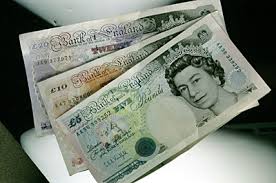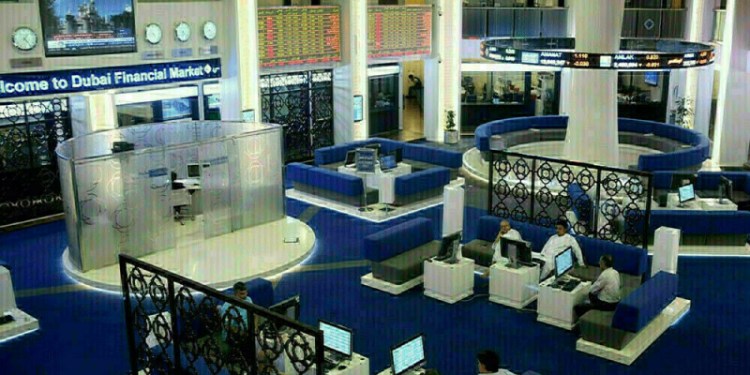Tuesday, 21 July 2015 22:54
 LONDON: Sterling fell more than 1 percent against the euro in choppy trade on Tuesday, with currency moves exaggerated by low liquidity as traders head off on their summer holidays.
LONDON: Sterling fell more than 1 percent against the euro in choppy trade on Tuesday, with currency moves exaggerated by low liquidity as traders head off on their summer holidays.
The pound reached a 7-1/2-year high against the euro on Friday as investors refocused on the diverging interest rate paths of the UK and euro zone, having for months been distracted by Greece’s debt crisis.
Most strategists reckon the single currency still has further to fall against sterling, with the European Central Bank pumping 60 billion euros into the economy every month and with the Bank of England expected to start raising rates by the first quarter of next year.
But with some caution ahead of minutes from the BoE’s latest policy meeting due on Wednesday morning, the pound weakened to 70.33 pence per euro on Tuesday, making a euro worth just over a penny more than Friday’s trough.
“I don’t think there’s anything that justifies that from a fundamental point of view,” said Barclays FX strategist Hamish Pepper. “I think it’s a reflection of the lower liquidity you have at this time of year, as we’re in school holidays.”
“It was probably a relatively small move that ended up being exacerbated by stop-losses, accelerating the move higher in euro/sterling.
There’s nothing about today’s price action that changes the longer-term picture of more euro weakness.”
Against the dollar, sterling was flat at $ 1.5566. Earlier, data showing government borrowing had fallen to its lowest in seven years barely failed to have any impact on the pound, as traders focused instead on Wednesday’s minutes.
Markets took comments last week from BoE Governor Mark Carney as pointing to a rise in interest rates as soon as November or February, when the bank releases its quarterly Inflation Reports.
Carney’s comments followed a surprisingly hawkish tone from outgoing MPC member David Miles.
“People get very excited about rate hikes, and we managed to talk about that because the noise of Greece had died down, and suddenly we had the change by Miles,” said HSBC’s global head of FX research David Bloom.
“We’ve got a big current account deficit and an EU referendum and that will keep undermining sterling, so every time you get really bullish on it, it will just disappoint you.”



























